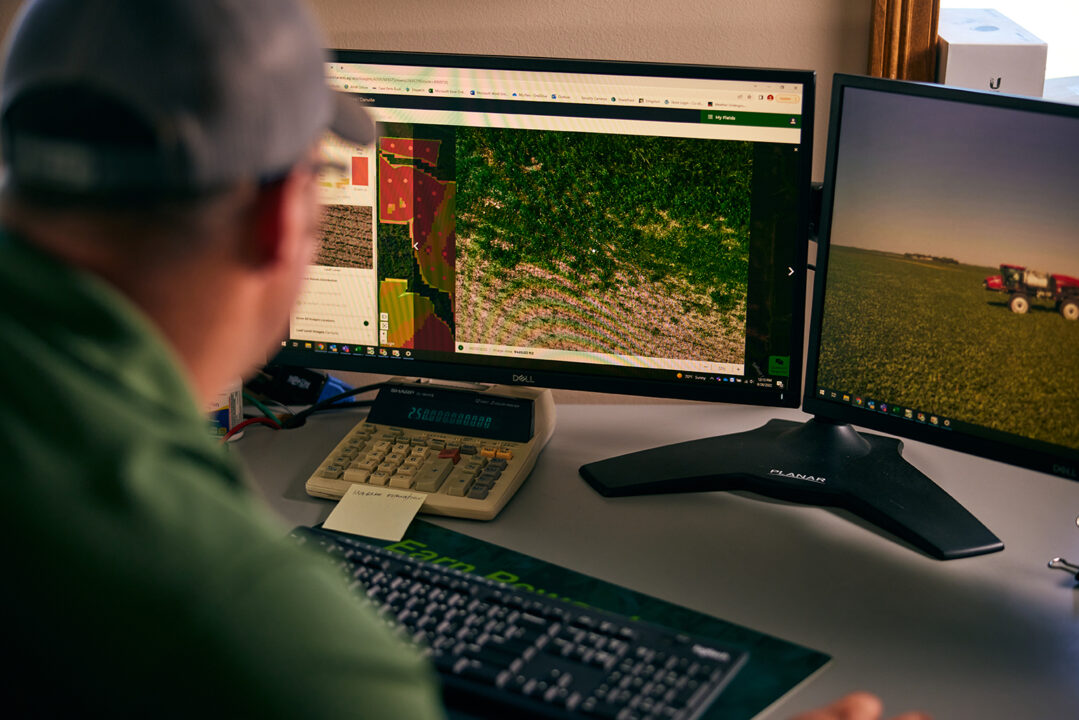Watershed Groups Urge Landowners To Improve Stewardship
With 42% of United States cropland leased, non-operator landowners are key to leading efforts to improve resource management in agriculture. Results from a pilot project in the Western Lake Erie Basin of Ohio indicate that non-operator landowners are motivated and interested in reducing fertilizer losses from the fields they lease.
The pilot aims to educate non-operator landowners on their roles in reducing phosphorus losses from cropland in the Sandusky River Watershed. Excess phosphorus in the watershed contributes to harmful algal blooms in Western Lake Erie. Outreach is focused on creating awareness of the problem and educating non-farming landowners on specific roles they can play as part of the solution.
For example, non-operators can make improvements in drainage systems, install buffer strips between cropland and streams, and extend lease terms so that farmers can generate a return on investments they make on the land to reduce fertilizer losses. Non-operator landowners are also being recruited to join the Sandusky River Watershed Coalition to stay informed about issues and opportunities, including programs offered by local Soil and Water Conservation Districts and the Ohio Natural Resources Conservation Service (NRCS).
The project is led by the IPM Institute of North America, which hosted a webinar for watershed organizations to learn ways to initiate non-operator communication campaigns in their watersheds. Collaborators Amy Dreith and Jamie Ridgely from Agren, Cynthia Brookes from the Sandusky River Watershed Coalition, and Dr. Thomas Green from the IPM Institute presented on:
- Why nutrient losses are a concern in the Great Lakes Basin.
- The role of agriculture and non-operator landowners in the water quality solution.
- Background information on the Sandusky River Watershed pilot.
- Components, results and lessons learned from a communication campaign.
- Ongoing strategy to generate lasting changes.
- Recommended services to assist landowners in working with tenant farmers and enrolling in state and federal technical and financial assistance programs.






